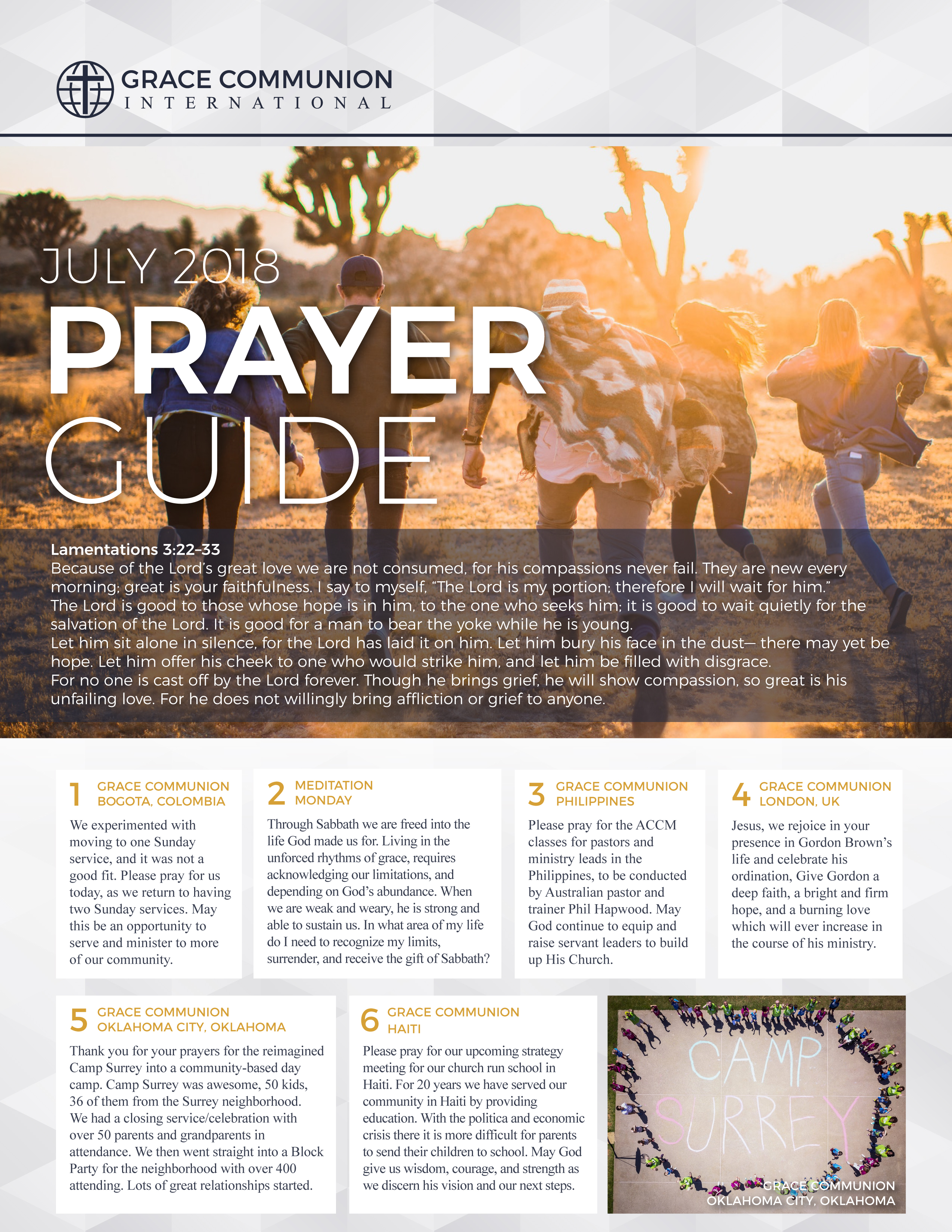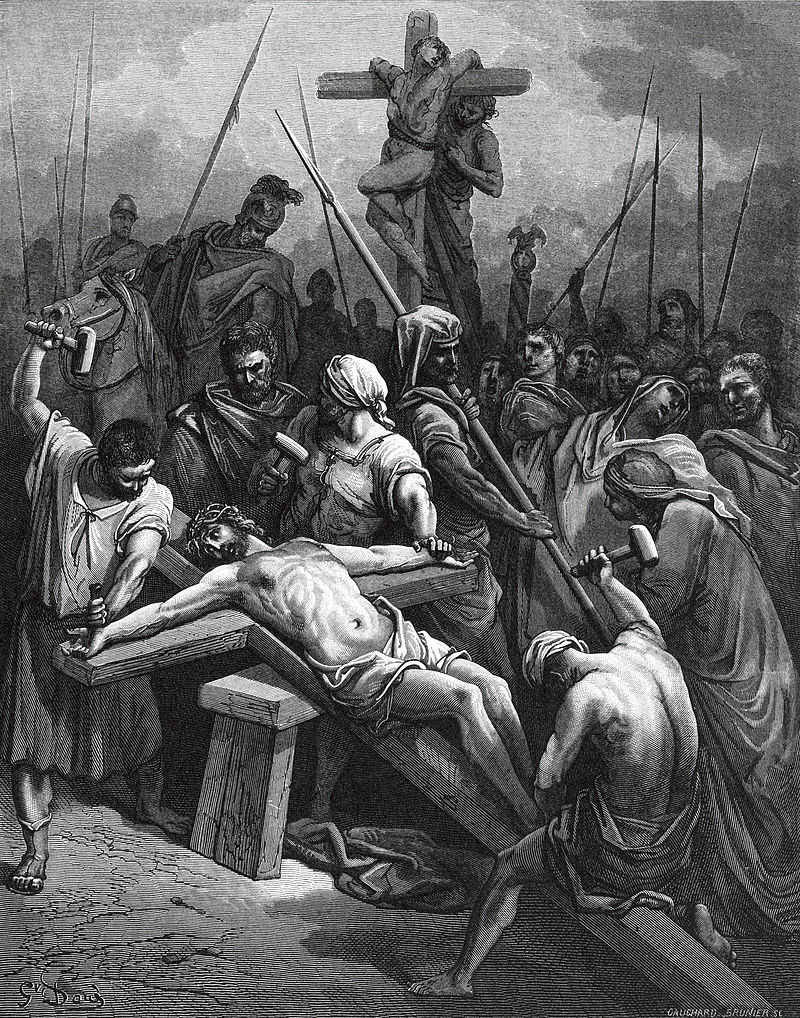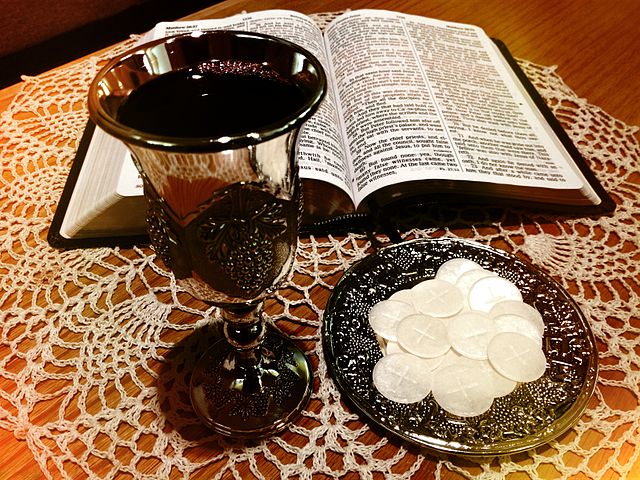Dear ministers of our Lord, Jesus Christ:

If you’ve visited England and traveled on the London area trains, you’ve likely noticed the ever-present “Mind the Gap” signs in the city’s “underground” (subway, called the “tube”). These warning signs tell travelers to mind their step as they stand nearby or enter and exit the tube, lest they fall into the gap between the platform and train. When these warnings go unheeded, a what seems like a minor gap can lead to a major catastrophe!

I want to draw your attention in this letter to a gap in our practice of ministry that needs minding. We say we value being a healthy expression of church, actively following the Spirit in participating with Jesus in seeking the lost and making new disciples, but that is not what we always do. There is a gap between our aspirational values (what we say we value) and our actual actions. We need to close the gap, but how?
Adaptive leadership needed
It starts with us—the leaders of the church. If we don’t close the gap in our own lives and ministries, it will widen in the lives of those we lead (as go the leaders, so goes the church). Closing the gap in a congregation between what it aspires to do and what it actually does requires…
…adaptive leadership [that] consists of the learning required to address conflicts in the values people hold, or to diminish the gap between the values people stand for and the reality they face. (Ronald Heifetz, Founding Director, Center for Public Leadership, Harvard John F. Kennedy School of Government)
Here are four steps you can take to become an adaptive leader—one who helps your church turn aspirational values into concrete missional action:
1. Practice intentional listening
By listening deeply over long periods of time, adaptive leaders discern the deeper systemic realities at work within their congregations. They then use those discoveries to develop strategies and plans to close gaps between aspirational values and actual practices. Listen deeply to discern what the “music” is that keeps your congregation on the “dance floor.” Then compare how that music resonates (or fails to resonate) with non-believers in your congregation’s target community. Through intentional listening in both your congregation and the surrounding community, you can learn new “tunes” that will bridge relationships between these groups.
2. Include the people most affected
Are you the only one losing sleep over the challenge of becoming a healthy, disciple-making church? A common misconception is to think that if we as leaders initiate a strategy, others will automatically fall in line. Rather than “flying solo,” we need to identify others who share our angst and are willing to join us in doing something about it. This means collaboration—helping others join with you in identifying and sorting out the issues, wrestling with you in dreaming, planning and executing. You accomplish more as a team!
3. Engage the mature and motivated
A lot of your work as a leader in the church involves putting out fires, dealing with the resistant, attending to the cantankerous, and trying to placate the complainers. Though people are our greatest joy in ministry, they can also be a burden. But when it’s time to get serious about turning aspirations into consistent action, more and more of your energy must be invested in those motivated to share with you the responsibility for the life of the congregation. Do you recognize who those people are? How will you engage the mature and motivated?
4. Invest in growth
One of our core values in GCI is stewardship—protecting and preserving what we have. Though stewardship is praiseworthy, when given too much importance, it can get in the way of progress. To be frank, many of our congregations are sitting on large sums of money in their financial reserves. Yes, it’s better to sit on money than to spend it frivolously. However, given that the money in your reserves was donated for the purpose of preaching the gospel and making new disciples, should it not be put to work in advancing that gospel mission? We recommend that churches following steps 1 – 3 (above) budget at least $10,000 annually to fund evangelistic outreach executed by the congregation. However, if you are a small, aging group that simply is unable to focus on local outreach, and you are stewarding a large bank account, our recommendation is that you have a conversation with your Regional Pastor (or Regional Director outside the U.S.) to determine where you can invest those funds in the evangelistic outreach being conducted by another GCI congregation.
Do it now
The reality is that if we in GCI merely maintain what we have, we will gradually decline. Though you might view this letter as an effort to “rally the troops” to rescue GCI, that is not its purpose. This letter is my plea to GCI’s congregational leaders to remember that they are called and commissioned by Jesus to join him in making disciples (that’s our mission). Fellow leaders, it’s time for us to rise up together as adaptive leaders to lead our congregations in making the changes necessary to close the gap between what we say we value and what we actually do. Please join me in praying about this, and in taking sustained action to close the gap.
Your brother in Christ,
Greg Williams, GCI Vice President













